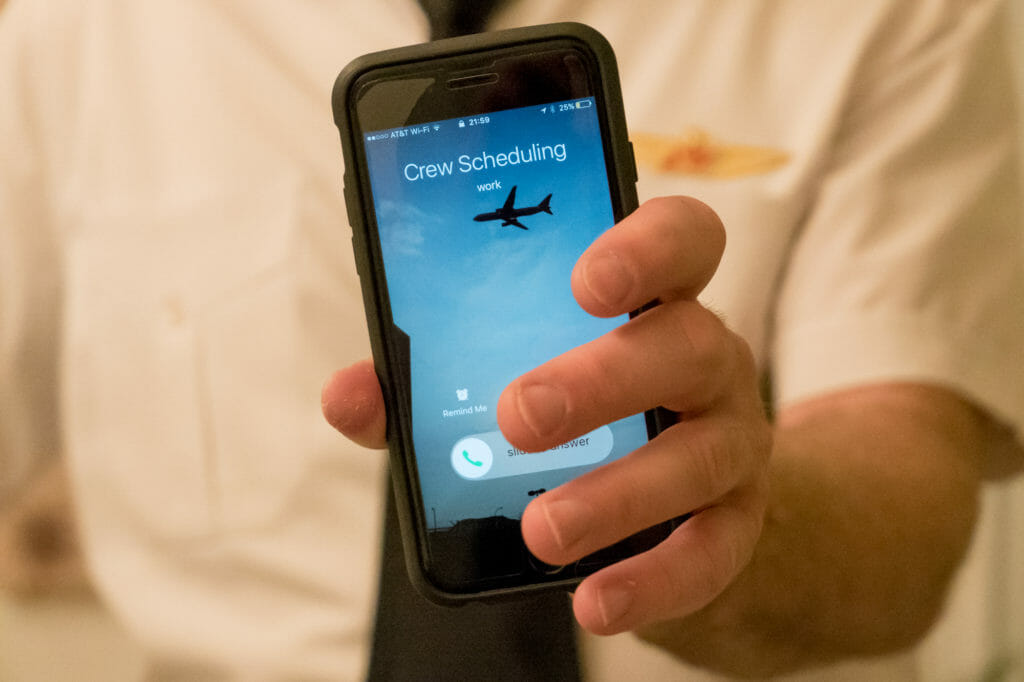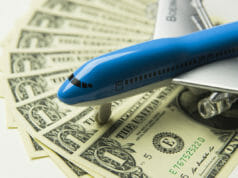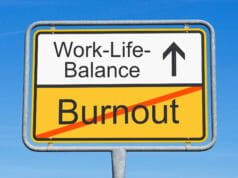
It goes without saying that for airline pilots, seniority is everything. Nothing is more paramount than a pilot’s monthly schedule, which is exclusively dictated by seniority. While there is no doubt this is very important, work rules and the contract/working agreement the pilots abide by go a long in altering one’s schedule. This is particularly important if a pilot is unable to bid for his/her schedule based on seniority.
Not every trip for an airline is staffed when schedules are released for the upcoming month. The reasons for this vary, and some of the most common are: trips conflicting with a pilot’s vacation, a pilot needing to do annual training (recurrent), any leave of absence (military, FMLA)—the list goes on. Open time is the area online where pilots are granted the opportunity to pick up trips and therefore be paid more (since pilots are paid by the hour). While this is a common practice across the airlines, that is the extent of the commonality; each pilot contract varies immensely from airline to airline. Let’s take a look at some of the differences.
All airlines allow line-holders4 (meaning pilots who are not on reserve) to pick up open time at any time. Pilots are allowed to trade trips with other pilots in the same base, seat, and equipment as long as no conflicts arise, such as rest issues. Picking up open time and trading trips is processed by the airline in one of two ways; either by a computer processing these requests automatically, or by pilots calling in to crew-scheduling. If crew-schedulers process these requests, some delays may occur which may cause issues when a valuable or commutable trip is in open time and multiple pilots are calling in racing each other. On the flip side, dropping trips3
in the current month is almost impossible. It may be possible to do so for upcoming months when schedules are initially posted, but limitations may exist. There is usually a window open to pilots for a specific period of time that allows them to move trips around or drop them. One airline allows pilots to drop trips regardless of its reserve coverage as long as pilots do not go below a certain credit hour2 for the month. Other airlines require reserve coverage to be above a certain threshold during the window. Being the quickest will usually land the best results as the first few minutes is usually when any trip-drops are allowed.
It should be noted that for airlines, a pilot working on two consecutive days with an overnight is considered the same as a pilot working two day-trips consecutively. Although this may not seem like much, it may mean the difference for pilots living at base1
to be home an extra night or for commuters spending an extra night at the crash pad. This small detail allows crafty pilots to trade trips over the same days and ultimately improve their quality of life.
Reserve pilot9 work rules are a bit different. Some airlines allow reserve pilots to pick up open time, but only within certain parameters. For example, some airlines will only allow their long-call pilots5 to pick up flying for their on-call period8 two to three hours prior to being on reserve. Other airlines grant a window for all reserve pilots (commonly referred to as the Aggressive Pick-Up Window) to pick up open time for the following day. Of such airlines, few of them strictly follow seniority order when assigning open time trips; most airlines have a first-come-first-served policy. Airlines that follow neither of the aforementioned practices, prohibit reserve pilots from picking up open time; the only work the reserve pilots get is what is assigned to them by crew-scheduling. While line-holders are allowed to pick up trips out of base, reserve pilots can never pick up open time out of base7 if they are on-call. (The only exception, rare within the industry, is that reserve pilots can pick up out-of-base trips if it is specifically within the pilot’s off days.) Reserve pilots are allowed to trade reserve on-call days with other reserve pilots, as long as it does not create an FAR Part 117 conflict, i.e., more than six days on-call. Lastly, just as line-holders can almost never drop trips, reserve pilots are almost always never able to convert an on-call day to a day off.
Though seniority is critical in determining a pilot’s monthly schedules, understanding the working contract is almost as important in order to work the system, per se. Understanding how to trade or drop trips, and when to do it can turn an unfavorable schedule into one that aligns with all of the pilot’s preferences.
Aviation Term Glossary
- Base: The crew-member’s airport where they start and finish their trips. A pilot who lives at base typically lives within the set driving time from that airport.
- Credit hour: The hours for which a pilot is credited and compensated. Typically, the pilot’s paycheck is calculated by credit hours multiplied by their hourly rate. Credit hours can be obtained in a variety of ways based on their contract.
- Drop trip: Previously assigned trips that are changed/canceled. Trips can be dropped by crew scheduling, chief pilots or the assigned pilot for a variety of reasons. Some examples are; conflicts with other trips from FAR 117, overlapping trips between bid periods, personal drops requested by the pilot such as, bereavement leave, initial operating experience, vacation, sick calls or line checks.
- Line-holder: A crew-member who is able to bid for a schedule of trips vs. reserve days.
- Long-call pilot: A reserve pilot who is on call for a long period of time, e.g. 12 hours.
- Open time: Trips that are not covered by a captain, first officer or a flight attendant.
- Out of base: Airports other that the crew-members base.
- On-call period: A set time period in which a crew-member is responsible to answer their phone to accept an assignment or trip.
- Reserve pilot: A pilot who is on-call for a trip for certain hours during a day. The pilot will have a set time to report to the airport, e.g. 12 hours, 2 hours, or 1.5 hours.





























































































































